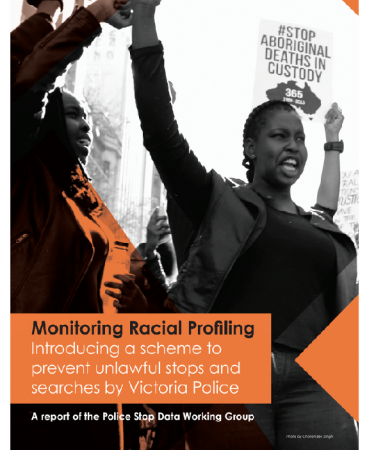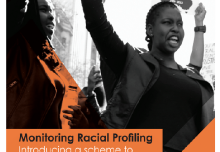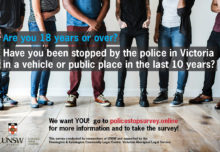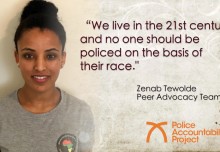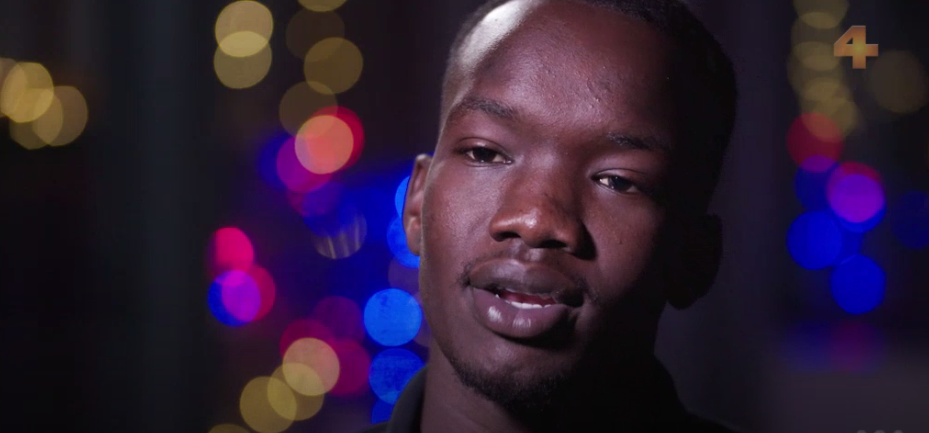
Tuesday 6th November
Racial profiling by Victoria Police and the harmful impacts of media distortion, stereotyping and racism have been exposed in a hard-hitting look at Victoria’s racialised crime panic on national television.
ABC’s Four Corners interviewed several of our clients who have experienced some shocking incidents of racial profiling, including two young men who were aggressively ordered out of a public library in Melbourne’s Watergardens by police,.
“Being ordered out of public libraries for no other reason than their skin colour is unacceptable in Australia” says Deng Maleek, Peer Advocacy Coordinator who first made contact with the young men interviewed on tonight’s show.
The Four Corners episode was able to demonstrate the link between racialised tabloid media report and police then racial profiling young people of African background. Despite Victoria Police having a policy against racial profiling’, young people of African background still report multiple and regular traffic and street stops by police.
“Victoria Police need to take racial profiling seriously and ensure that all police are held accountable for unlawful stops based on bias or stereotypes.” said Anthony Kelly, Executive Officer of the Flemington Kensington Community Legal Centre tonight.
“We renew our calls for Victoria Police to institute statewide stop-data monitoring in order to reign in what appears to be endemic racial -profiling.”
Stop-data monitoring make police practices transparent and facilitate the external and internal pressure needed to bring Victoria Police’s racial profiling ban into practice.
Collection of data on the race of people stopped is the critical tool in understanding and preventing racial profiling. It now occurs in the UK, Europe, Canada and the US.
Social psychologist Dr. Philip Atiba Goff, cofounder and President of the Center for Policing Equity in the United States, says, “You can’t fix a problem if you can’t first measure it.”
According to the Ontario Human Rights Commission (OHRC) Chief Commissioner Barbara Hall “Race-based data collection is an important tool that can help police both respond to allegations of racial profiling and provide bias-free services.”
Gathering data on the ethnicity of people stopped by police offers one clear measure of rates of racial profiling, and has been demonstrated to reduce the number of unlawful stops and searches by police.
The Four Corners broadcast also cast light on how racial perceptions of crime are manipulated and used by everyone from White Nationalist groups to mainstream political parties in win votes.
“We join with the huge network of community organisations to call upon all candidates in the Victorian State Elections to keep racism out of politics and to promote smart, evidence-based and effective justice policies.” Mr Kelly said.
Links & Resources
Download a copy of the report here (PDF)
The report by a coalition of academic experts, commissioned by Flemington & Kensington Community Legal Centre, has found that introducing a scheme to collect and publicly report on data about police stops is a critical first step in reducing disproportionate stops of people of colour and unlawful stops by police.
‘Don’t drag me into this’: Growing up South Sudanese in Victoria after the 2016 Moomba ‘riot’

Don’t Drag Me Into This – Research Report Oct 2018 FINAL.pdf
This report presents the findings from the first phase of an ongoing research project titled Intergenerational Perspectives on the Criminalization of Young People from the South Sudanese Community in Victoria (2017–19). The study is a collaboration between the Centre for Multicultural Youth (CMY) and researchers from both the Monash Migration and Inclusion Centre (MMIC) at Monash University and the School of Social and Political Sciences at the University of Melbourne.

